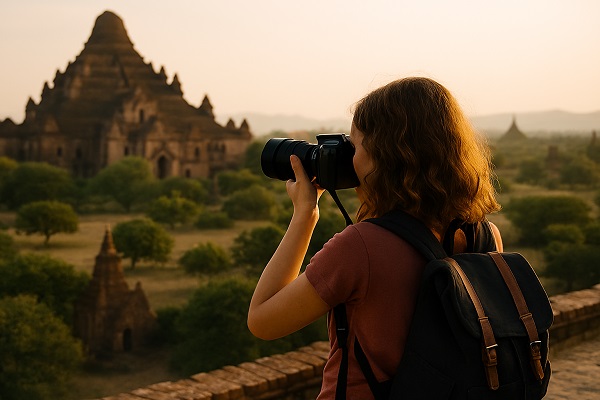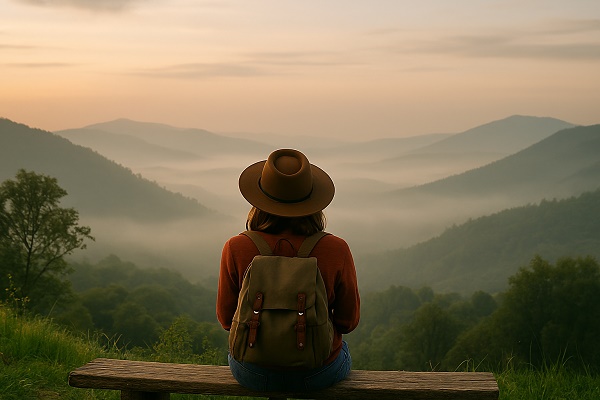The Joy of Solo Trips in the Mountains : Embrace Adventure and Self-Discovery
Solo trips in the mountains offer an unparalleled opportunity for adventure, self-discovery, and rejuvenation. Whether you are an experienced hiker or a novice explorer, venturing into the mountains alone can be a transformative experience. In this article, we will explore the benefits of solo mountain trips, essential tips for planning, and some of the most breathtaking destinations to consider.
Benefits of Solo Mountain Trips
-
Self-Discovery and Personal Growth
- Traveling alone provides the perfect environment for introspection. The solitude of the mountains allows you to connect with your thoughts, reflect on your life, and gain clarity. Many solo travelers report a greater sense of self-awareness and confidence after their trips.
-
Flexibility and Freedom
- When you’re on your own, you have the freedom to create your itinerary. You can choose when to wake up, what trails to explore, and how long to stay at each scenic viewpoint. This flexibility allows you to embrace spontaneity and make decisions based on your mood and interests.
-
Connection with Nature
- The mountains offer breathtaking views, fresh air, and a chance to escape the hustle and bustle of everyday life. Spending time in nature has been proven to reduce stress and improve mental well-being. A solo trip allows you to immerse yourself in these natural surroundings at your own pace.
-
Building Resilience
- Overcoming the challenges of solo travel, such as navigating trails, setting up camp, or dealing with unexpected weather, fosters resilience and problem-solving skills. Each challenge you face can contribute to personal growth and a sense of accomplishment.
-
Meeting New People
- Traveling alone doesn’t mean you have to be lonely. Mountains often attract fellow adventurers. Solo trips can lead to spontaneous friendships, whether it’s sharing a campsite or bonding with fellow hikers on a trail.
Planning Your Solo Mountain Trip
-
Choose Your Destination Wisely
- Research various mountain ranges and trails that align with your skill level and interests. Popular destinations for solo hiking include the Rocky Mountains (USA), the Alps (Europe), and the Himalayas (Asia).
-
Prepare Thoroughly
- Ensure you have the right gear, including appropriate clothing, footwear, a reliable backpack, navigation tools, and emergency supplies. Familiarize yourself with the trail and local regulations.
-
Safety First
- Share your itinerary with someone you trust, and consider carrying a personal locator beacon or GPS device. Stay connected by letting someone know your expected return time.
-
Start Small
- If you’re new to solo hiking, consider starting with shorter trails or day hikes before embarking on multi-day trips. This gradual approach will help build your confidence.
-
Stay Mindful and Present
- Embrace the solitude and practice mindfulness during your hike. Take time to pause, breathe, and soak in your surroundings. Whether it’s the rustling of leaves or the sound of a nearby stream, these moments enhance your connection to nature.
























